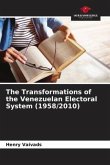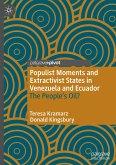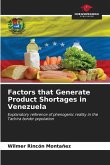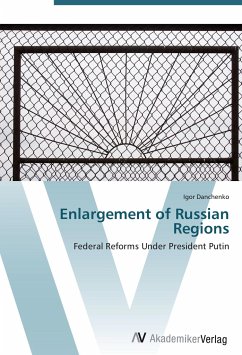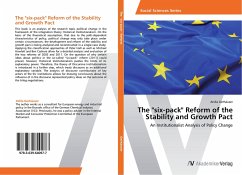From 1999 onwards the government of Hugo Chávez has initiated a significant change regarding social policy developments in Venezuela by implementing primarily universalistic, citizenship-based welfare programs and reforms. This research study explains why such a change of social policy strategy has taken place. Based on the analysis of health care, education and pension reforms, it is argued that choices of political actors in the South American petro-state were structured and constrained over time by mechanisms triggered through oil dependency. Most importantly, empirical evidence suggests that the Venezuelan power structure was altered progressively in the context of an oil-exacerbated vicious circle of radicalization, leading to social policy developments that differed significantly from welfare policy reforms and institutions implemented prior to 1999.




